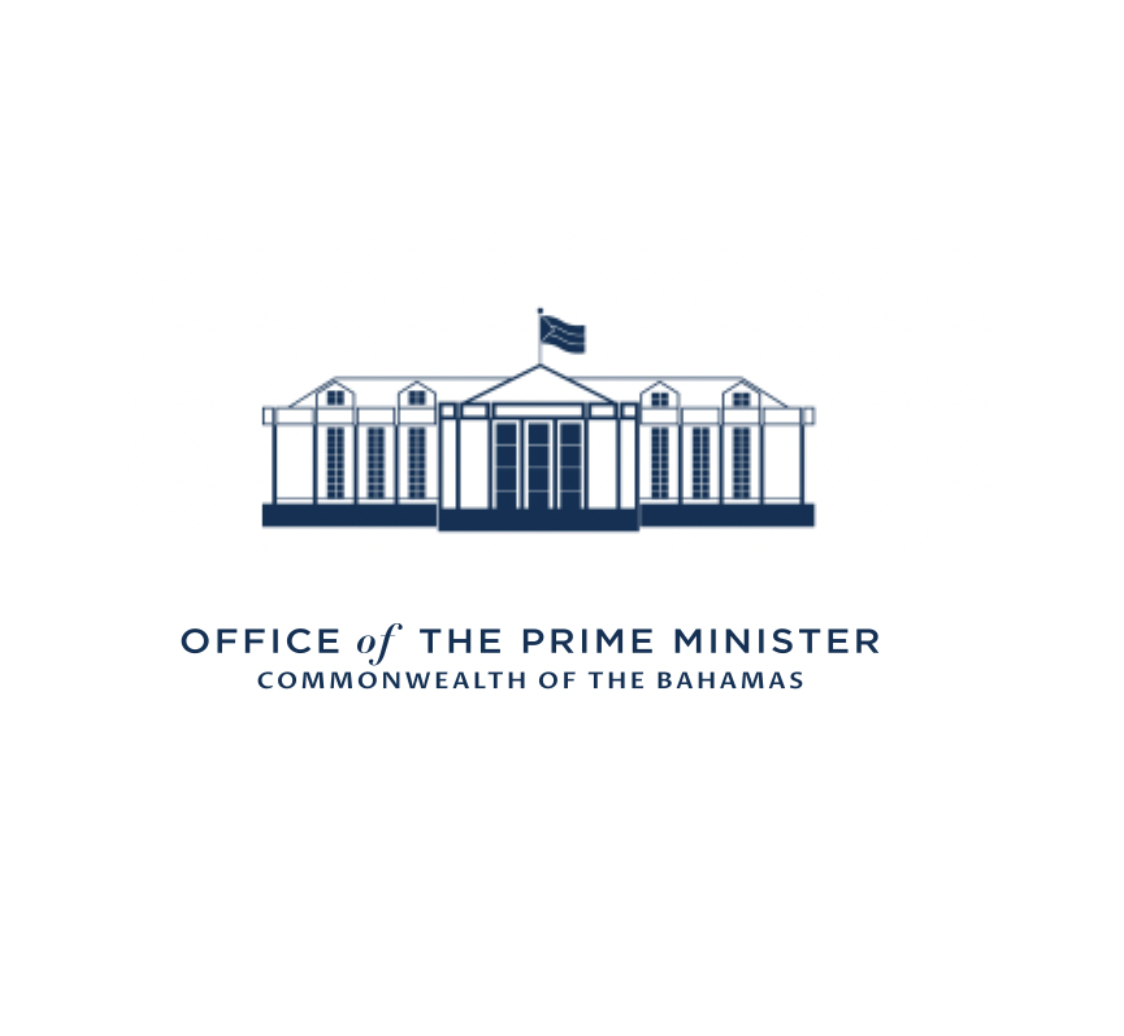
Good evening, everyone.
And thank you for being here today to show your support for the next generation of Bahamian scientists and critical thinkers.
In our Blueprint for Change, we emphasised how central it is to our nation’s development to invest in our young people and prepare them for future opportunities.
Since coming to office, we launched the National Youth Guard and the Second Chance Programme, and we have invested in youth development through sports.
In addition, we are introducing and supporting innovative opportunities for education and training.
And so today, we mark the extraordinary success of the Niccolo P. Small Meteorology Cadet Programme, a truly one-of-a-kind initiative spearheaded by the Department of Meteorology and the Ministry of Transport and Housing. Congratulations to everyone at the Department and the Ministry who organised and launched this important and timely initiative.
Thank you to our Minister of Transport and Housing, Jobeth Coleby-Davis, as well as the Acting Director of The Bahamas Department of Meteorology, Jeffrey Simmons, and Former Deputy Director, Basil Dean for their leadership of this landmark programme.
Aristotle, the famed Greek philosopher and scientist, was the first to use the term “Meteorology”, as his title for a treatise on what was known about the atmosphere at the time. Investigating how patterns in the weather develop has always been important to helping everyone from farmers to policymakers to make good decisions.
And now, thousands of years later, I believe we have a few young Bahamian Aristotles-in-the-making with us today, thanks to the Niccolo P. Small Meteorology Cadet Programme.
This inaugural group, which includes young people between the ages of 14 to 25, represents a new wave of Bahamian talent. They truly embody the core values of the Programme, demonstrating curiosity, passion, and dedication.
I salute you all. I can’t tell you how proud I was to learn that by all accounts, you excelled!
We are living in a time of rapid change, a world with opportunities that your parents couldn’t have dreamed about, let alone Aristotle!
But we are also living in a time of real and growing danger.
As the climate warms and sea levels rise, our safety and our way of life are under threat in The Bahamas. We cannot predict when the next storm will descend upon our shores, or the one after that. But we can choose to be inspired by the importance of the challenge, rather than discouraged by its magnitude.
That’s why we’re fighting for our country on the world stage – building alliances with other small island states, ensuring that our voice is an important one in advocating for a reduction in global emissions and for fair climate finance so that we can get our country ready.
A crucial aspect of readiness is preparing our young people for this new era.
The Niccolo P. Small Meteorology Cadet Programme was developed to encourage young Bahamians to pursue careers in meteorology and related fields – in other words, to serve as a crucial element on the front lines of our national response to the threats we face.
The meteorologists, climate scientists, hydrologists, forecasters, and weather broadcasters of tomorrow will play a critical role in developing strategic responses to climate change and promoting human welfare across the globe.
I am passionate about this subject – because I love our country and our people, and because I know how much is at stake.
In this, I am not alone. A team of passionate Bahamian scientists and policy experts within the Office of the Prime Minister’s Climate Change and Environmental Advisory Unit advise me and share in the work of advocacy and alliance-building.
Cadets, one day – and sooner than you might think – you may find yourselves advising a Prime Minister, or conducting research that leads to life-saving policies. You may become the voice of steady expertise, someone our country can turn to during natural disasters. You may find yourself advocating for strategic climate action. You may end up being the kind of changemaker that breaks open new possibilities.
It is my hope that your training has opened your eyes to new possibilities. Whether you are just starting high school, or you are almost done with university, look for opportunities to turn your talents into action. Decide that you won’t leave the hard work to others, because using your gifts in pursuit of something bigger than you is the best path to personal fulfilment – and to national excellence for us all.
You are pioneers walking in the footsteps of the first Bahamian Director of Meteorology, Niccolo P. Small. Whatever path you choose, I hope that the knowledge and skills you have learned through this programme will be an ongoing source of inspiration.
May God bless and keep each and every one of you.